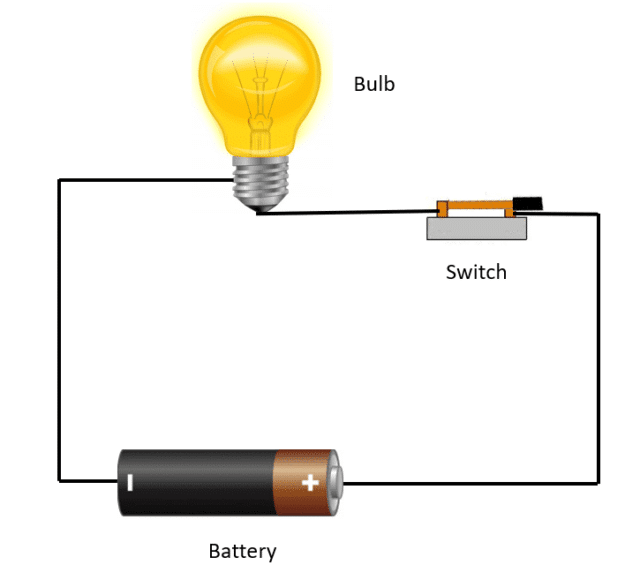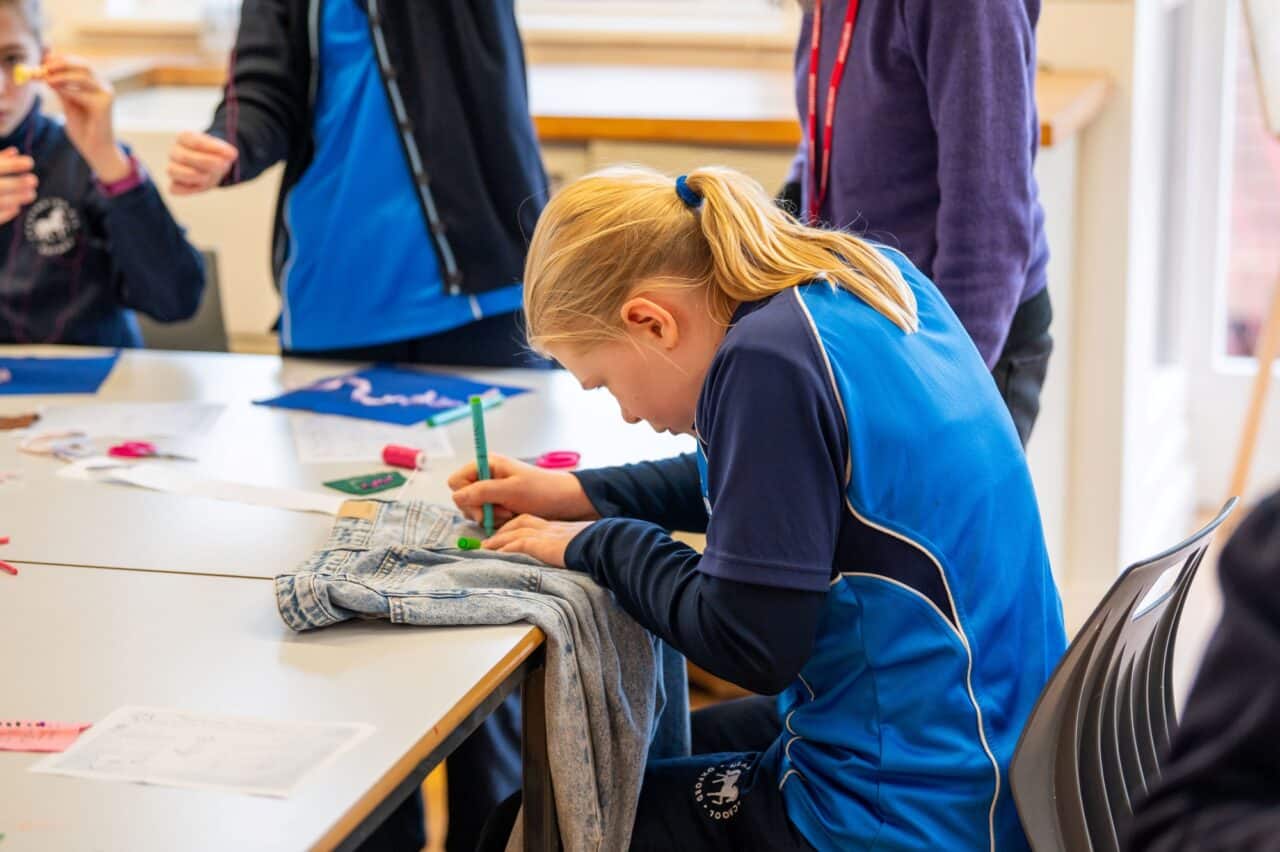Igniting confidence in our pupils
A regular conversation I have with our parents is asking for advice about how to develop confidence in their child. To be successful in Drama, as I suppose with any skill, requires confidence but not many other subjects claim to build confidence in the same way. It is definitely one of our trademarks in Drama. However, I wish to question that theory. I appreciate this may sound absurd: to debunk the one quality of our six ‘Cs’ that is quintessentially ours to build. But to do that would be to refute that any other subject, club or activity can build confidence as much as Drama can and I would have to outright disagree.
The crux of the issue is that confidence comes in two ways; external and internal. Yes, the stars of our school productions show incredible confidence on stage, with many audience members aghast at how someone of that age could deliver such confident performances. I’m sorry to shatter the illusion, but many of them are swans: graceful above the waterline, but in a flurry beneath. You witness the external confidence, not the internal.
Now, don’t get me wrong, many of our best performers have both internal and external confidence and, to be honest, those are the ones who are most likely to make it in the industry; they confidently walk into an audition room and ooze confidence and charisma and, throughout rehearsals and performance, they show their best selves. However, we have many students who may be confident on stage, but need much emotional support backstage, reassuring them of their brilliance and that nothing will go wrong. This is also perfectly normal and that is the exciting part of theatre – it might go wrong! And if you are wondering, those who have a lot of internal confidence, but none externally, usually make up the first candidates booted off of “The Apprentice” declaring it’s not the last you’ll see of them.
The important thing is that we acknowledge which form of confidence needs to be developed in each student. A quiet and shy introvert may not benefit from additional Drama lessons. It would be like telling someone who is afraid of swimming to jump into a shark tank: there is a high probability they’d be eaten alive! Whereas additional lessons would more likely help those who are confident in their abilities but are nervous in the big spotlight moments. The more positive experience you get, the more confident you will become.
During the pandemic, I stumbled across a psychologist who was creating a lot of content online, particularly on Instagram and TikTok. Dr Julie Smith has an incredible way of explaining very normal emotions, in a visual and practical way, which helps many young people, as well as us older ones, to understand some basic human emotional challenges. Recently, she created this video which explains a lot about how to build bigger comfort zones, by doing things that are challenging, but doable. I would definitely advise following her online, as she has really helped me to understand a range of mental health areas that, in turn, have allowed me to help our students.
So how can we ignite confidence in our students? Well firstly, to realise that Drama is not the only way – it may work for some, but certainly not for everyone. I’ve tried to create a model that might help explain how I see it working. Those who know me well will know I love an analogy!
The Internal Confidence Lightbulb! (it’s a working title…)
Thinking back to my basic, albeit very poor, Physics skills (literally my worst GCSE grade, so apologies to Mr Morris and the Physics Department for any errors!), it takes many different components to ignite a lightbulb. So if we consider that igniting confidence is the same challenge, you can’t just do it on its own. A lightbulb cannot just light by itself, and a student can’t just ‘become’ confident.
To ignite a lightbulb, you need to have several items:
- the bulb!
- a switch
- a power supply
- connectors
So if the final product is the bulb lighting, and in our case, the confidence, how do the other elements come in?
The Power Supply
This is where I will happily defend my other colleagues and say that confidence can be built anywhere, not just in Drama. Confidence is created by achieving a high level of success in a particular area. We all feel more confident when things are going our way. It may be simple things like meeting all our deadlines, getting a good score in a homework task, or scoring an important goal in a match. It is the extended period of time that helps to build this strength of confidence and, in doing so, the strength of character. Feeling part of a community, such as Rowing, Hockey, or Dance, and consistently performing at a high level will help give our students a bigger ‘power supply’. This is one of the reasons we place so much focus on providing a wide and varied co-curricular offering; we know it does wonders for our students’ personal confidence. Taking part in such activities, either achieving at a high level or feeling part of a community, will give our girls a bigger power tank. The more we can have in the tank, the more long-lasting the confidence.
The Connectors
I see these as personal connections being made. The emotional support network created around them. The friends and family who are there to guide our students: to pick them up when they are down and to ground them when they get too high. The deeper the emotional connections to the people around you, the safer you feel – it’s human nature! We want to be surrounded by our pack who can protect us if we are ever in danger. The biggest difference with teenagers is that their connectors change regularly and they have probably not valued the strength of the old family ‘wires’ – but it’s ok. This is normal too. Professor Steve Peters constructed The Chimp Model which explains how we all have a primate part of our brain which helps us navigate the world. One area he discusses is relationships and how we change who we value as we grow up. Prior to school, all children focus their attention on their parents and siblings, wanting to please and impress them. Once in school, it widens out to other adults, for example teachers or sports coaches, who value their opinions. When in their teenage years, adolescents seek gratification and support more from their peers. Therefore the connectors shift and this is why confidence can often fluctuate, week to week or month to month. But the theory remains the same. If they have strong connections with people they can trust and who provide them with emotional support, they can connect the power supply to the lightbulb.
The Switch
This is unfortunately the hard bit, for two reasons. Firstly, the switch is entirely in the control of the individual. You can give them all the resources to build confidence, but without an internal desire or reason to change their own mindset, it can remain ‘off’ for a long time. The other problem is that switches can turn off, as well as on. No one is always confident; some may be a lot of the time. I consider myself to be a confident person but I also have many moments of self-doubt and cynicism which can lead to me flicking that switch off. If either of these is the case, we need to find alternative power supplies and alternative connections and rework the circuit. And fortunately, as we gain more experience and build more resilience, it is easier to switch it back on.
The Bulb
Once it’s lit, the key is to keep it going. Keep ensuring the connections remain intact and do not burn out and keep recharging that power supply – the lower it gets, the harder it is to keep the bulb glowing.
And how do I know this? Well, I’ve seen a lot of confident students in my time and plenty who were less confident too. Even as I write this and look out the window at passing students, I see those who, several years ago, could barely walk in the front door of school without teacher support, now laughing and joking with their peers. I’ve seen girls struggle with personal problems outside of school and then go on to command a stage with internal and external confidence. And I’ve witnessed girls with mental health issues thrive into positions of responsibility in the School and stand up as representatives of and role models to younger students.
So, by all means, encourage your daughters to take Drama – I would love them to and I can definitely help build their stage confidence. And yes, in doing that, hopefully, it would build their internal confidence too. But there are many other ways to build confidence, and every student is different – so find the best path for them, and soon you will see them shine like a beacon.




